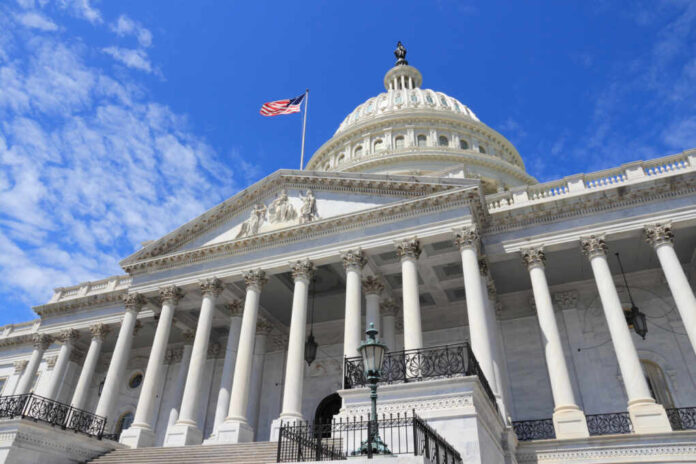
After House Republicans blocked reauthorizing Section 702 of the Foreign Intelligence Surveillance Act (FISA), the House passed the bi-partisan bill Friday.
With a final vote of 273-147, the bill extends and reforms part of FISA, giving it a timeframe of two years instead of five.
Section 702 of FISA allows government agencies to monitor foreign nationals overseas using data collected through digital infrastructure, including internet service providers, to track spies and terrorists. It was passed after the Sep. 11, 2001, terrorist attacks and was first authorized in 2008.
This bill represents one of the most dramatic and terrifying expansions of government surveillance authority in history. I will do everything in my power to stop it from passing in the Senate. https://t.co/SAtcvDh1PD
— Ron Wyden (@RonWyden) April 12, 2024
FISA also collects information on Americans who have interacted with suspected spies and terrorists, which is why some House Republicans decided to block the bill a few days prior.
The reformed bill will allow more “transparency and oversight,” which includes a higher approval level for “sensitive” inquiries, which would limit the amount of government personnel able to search the information, as well as increase the penalties for misleading the surveillance court, according to Politico.
To try and ease concerns from those Republicans who still opposed the measure, House Speaker Mike Johnson (R-LA) plans on addressing a separate bill next week.
Called the “Fourth Amendment is Not For Sale Act,” it was proposed by Rep. Warren Davidson (R-OH) and would stop U.S. officials from collecting information on Americans from big tech companies without a warrant.
Davidson was one of the 19 Republicans who voted in favor of the bill after voting to block its passing on Wednesday.
“I’m disappointed with where we’re at today, but it was going to be worse,” Davidson said in an interview. “We don’t work in a think tank, we work in a legislature, so you make progress where you can.”
“The two-year timeframe is a much better landing spot because it gives us two years to see if any of this works rather than kicking it out five years,” said Rep. Chip Roy (R-TX) on Thursday, who also changed his vote. “They say these reforms are going to work. Well, I guess we’ll find out.”
BREAKING: It’s not over. There will be ONE more vote on Monday on a reconsideration of FISA in the U.S. House. The bill should be stopped because it lacks warrant protection for Americans – thanks to 86 Republicans & 126 Democrats who killed the warrant. #GetAWarrant pic.twitter.com/0YZ2J4IlgO
— Chip Roy (@chiproytx) April 12, 2024
The bill will now head to the Senate for a vote next week before the deadline.

















